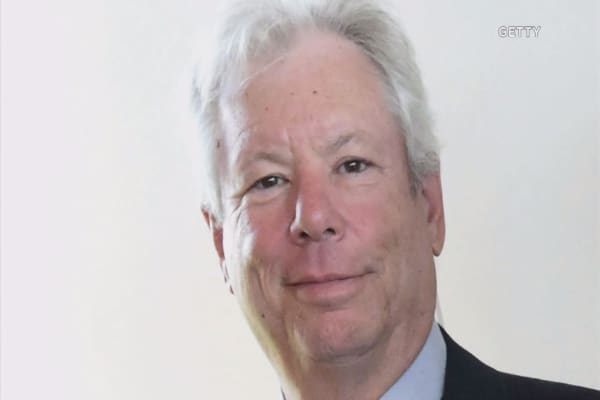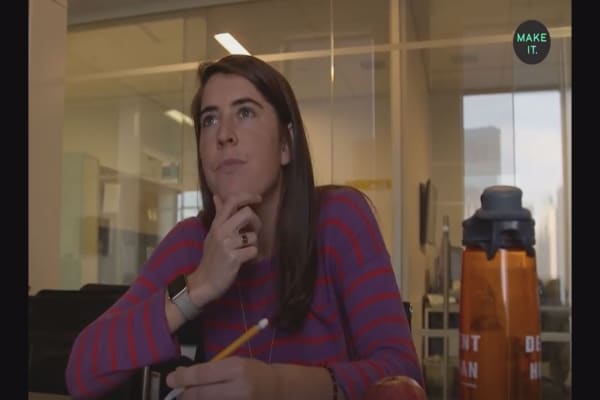
HOW TO WIN IN BUSINESS
Bill Gates, Warren Buffett and Richard Branson have the same unexpected definition of success
Bill Gates, Warren Buffett and Richard Branson are three of the wealthiest people alive today. They are all billionaires multiple times over. Indeed, Gates could become the world's first trillionaire. Yet each of them believes that success doesn't have to do with money.
Success, according to these three businessmen, has to do with how happy you and the people around you are.
In an Ask me Anything session on reddit in February, Bill Gates was asked what success means and he responded by quoting his friend: "Warren Buffett has always said the measure is whether the people close to you are happy and love you."
For Gates, the second component of success is doing work that matters. "It is also nice to feel like you made a difference — inventing something or raising kids or helping people in need," he says.
Gates says his work as Microsoft during the software revolution was the "biggest thing I have gotten to do." As a founding member of The Giving Pledge, a commitment to give away at least half of his wealth, and The Bill and Melinda Gates Foundation, he is also actively involved in philanthropic work.
"IT'S A COMMON MISCONCEPTION THAT MONEY IS EVERY ENTREPRENEUR'S METRIC FOR SUCCESS. IT'S NOT, AND NOR SHOULD IT BE."-Richard Branson, founder of Virgin Group
Buffett is a founding member of The Giving Pledge and has donated much of his fortune to The Bill and Melinda Gates Foundation.
Branson measures success by how happy he is as well.
"Too many people measure how successful they are by how much money they make or the people that they associate with. In my opinion, true success should be measured by how happy you are," he writes in a LinkedIn post published last year.
Branson also maintains that if you set out to focus on happiness, you will find that wealth follows.
"It's a common misconception that money is every entrepreneur's metric for success. It's not, and nor should it be. I've never gone into business to make money. Every Virgin product and service has been made into a reality to make a positive difference in people's lives," he says.
"And by focusing on the happiness of our customers, we have been able to build a successful group of companies. The simple fact is," says Branson, "if you do good and have fun, the money will come."
See also:

Catherine CliffordSenior Writer











